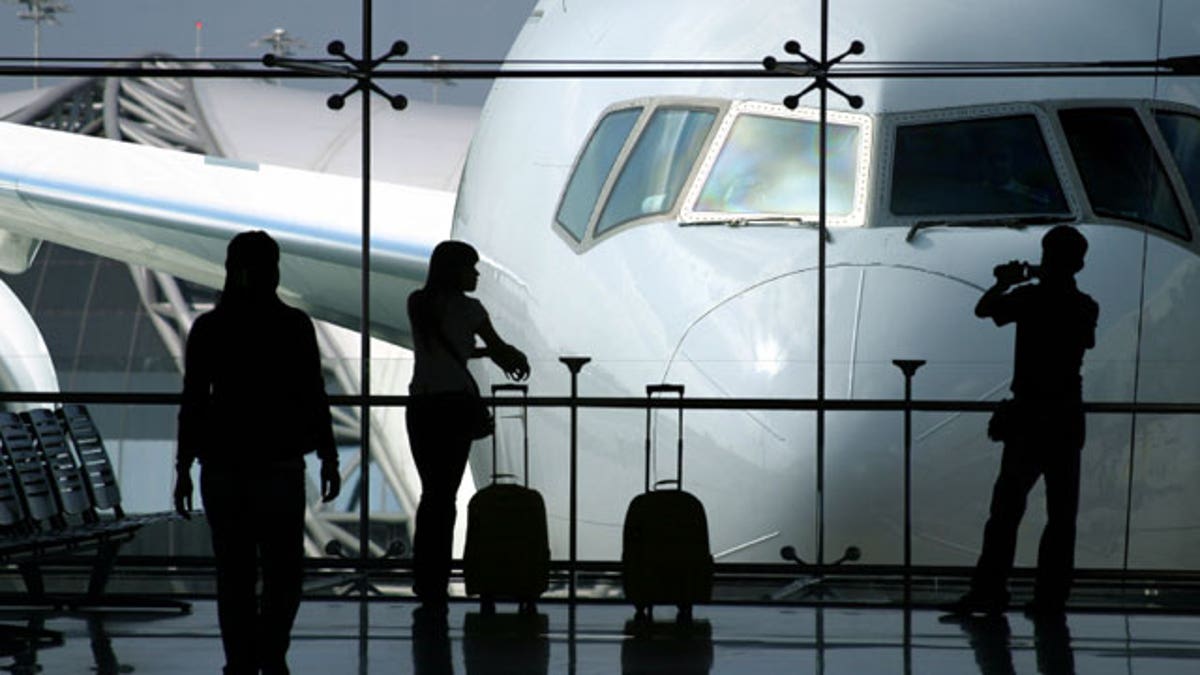
(Reuters)
Traveling through five or more time zones for an away game may make athletes two to three times more likely to get sick, compared with playing at home, according to new research.
Researchers studied 259 rugby players who competed in a large, international rugby tournament in 2010, with teams traveling between South Africa, New Zealand and Australia. Results showed that for every 1,000 days the athletes collectively played at home, they spent 15.4 days being sick. In contrast, for every 1,000 days they spent in locations five or more time zones from home, they experienced 32.6 sick days.
After the athletes returned home, sick days dropped to 10.6 per 1,000 days.
"The illness risk is not directly related to the travel itself, but rather the arrival and location of the team at a distant destination," the researchers wrote in the paper.
The rugby tournament lasted for 16 weeks, and the players traveled between the countries for games, with the time zone differences between the venues ranging from two to 11 hours. Team physicians kept daily logs of all illnesses reported to them. Over the four-month tournament, there were 469 illnesses, reported by 72 percent of players.
The rise in illness rates was seen in only travel across at least five time zones, though illness rates did not further rise as travel increased beyond that time difference.
The researchers suggested the illnesses may be caused by variation in environmental stressors, such as pollution, temperature, humidity, allergens or altitude. Variations in foods and germs may also play a role, they said.
Most illnesses reported were infections. About 31 percent of the illnesses were respiratory conditions, 27.5 percent were gut problems and 22.5 percent were skin and soft tissue conditions.
The paper was published today (Aug. 8) in the British Journal of Sports Medicine.
Pass it on: Traveling across five or more time zones for games makes athletes more likely to get sick.
Follow MyHealthNewsDaily on Twitter @MyHealth_MHND. Find us on Facebook and Google+.




















